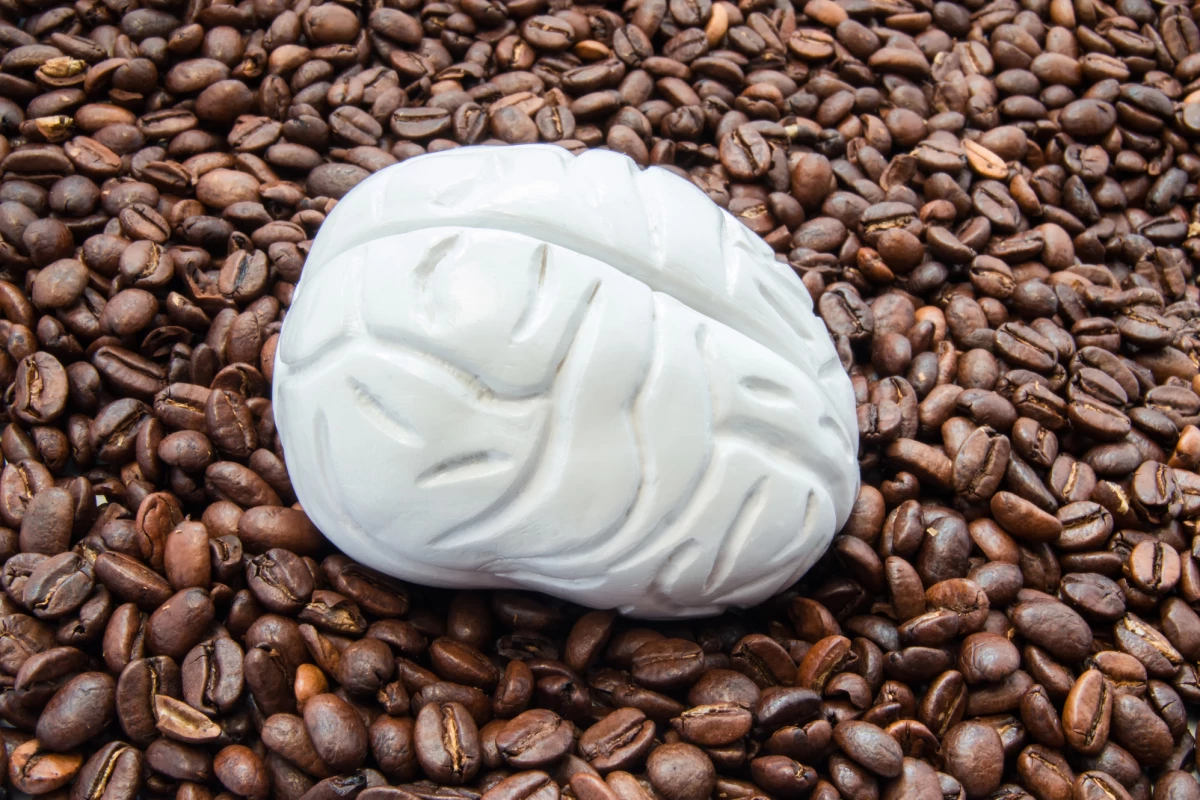A unique placebo-controlled study has found daily caffeine consumption can significantly reduce the volume of gray matter in the human brain. The researchers stress these findings do not imply caffeine negatively impacts the brain but instead suggest the drug may induce a kind of temporary neural plasticity that is worthy of further investigation.
Our brain and central nervous system is generally composed of both gray and white matter. Gray matter consists of neural cell bodies and nerve synapses, while white matter is primarily the bundles and pathways that connect those neural cells.
Prior research has indicated caffeine consumption may be associated with acute reductions in gray matter volume. But other research has also suggested caffeine could confer neuroprotective effects, slowing the cognitive decline associated with diseases such as Alzheimer’s and Parkinson’s.
The focus of this new study was to specifically investigate the effects of caffeine on gray matter volume in young and healthy subjects. One particular question the researchers wanted to answer was whether the influence of caffeine on gray matter was a result of the drug’s effect on sleep, as it has been shown that sleep deprivation or disruption can lead to acute reductions in gray matter.
Twenty subjects were recruited and tasked with two blinded 10-day programs. One period involved taking three tablets of caffeine each day and the other period involved placebo tablets. At the end of each program the participants' gray matter volume was measured through fMRI, and slow-wave sleep activity was measured through EEG.
The results revealed significant reductions in gray matter after 10 days of caffeine. These reductions were not seen after 10 days of placebo. And even more importantly, the study found no difference in slow-wave sleep activity between the placebo and caffeine periods. This suggests the gray matter reductions detected are not related to sleep disruptions but perhaps a unique feature of caffeine.
The effect of caffeine on the brain was noted as particularly relevant in the right medial temporal lobe. This area of the brain includes the hippocampus and is responsible for processes such as memory formation and spatial cognition.
Carolin Reichert, an author on the new study from the University of Basel, notes these caffeine-induced gray matter changes seem to recover quite quickly after caffeine consumption is ceased.
“The changes in brain morphology seem to be temporary, but systematic comparisons between coffee drinkers and those who usually consume little or no caffeine have so far been lacking," says Reichert.
Reichert is also cautious to note this study does not imply caffeine consumption damages cognitive functioning. In fact, there has been a notable volume of recent research pointing to the contrary, showing caffeine seems to be somewhat neuroprotective, slowing cognitive decline in older subjects at high risk of conditions such as Alzheimer’s and Parkinson’s.
It is hypothesized these discordant results may be due to the new research’s focus on young healthy subjects compared to prior work looking at older subjects already displaying some degree of neurodegeneration or cognitive decline.
“Our results do not necessarily mean that caffeine consumption has a negative impact on the brain,” stresses Reichert. “But daily caffeine consumption evidently affects our cognitive hardware, which in itself should give rise to further studies.”
The new study was published in the journal Cerebral Cortex.
Source: University of Basel




